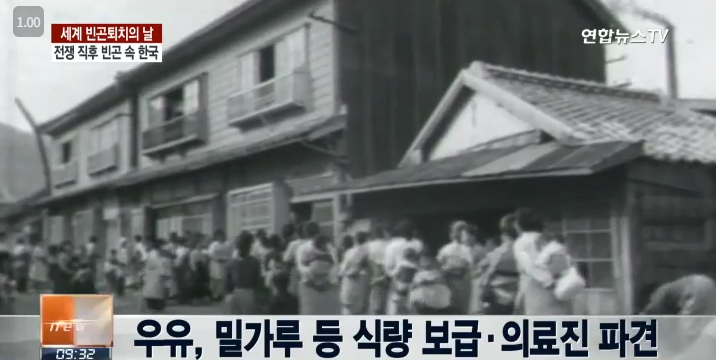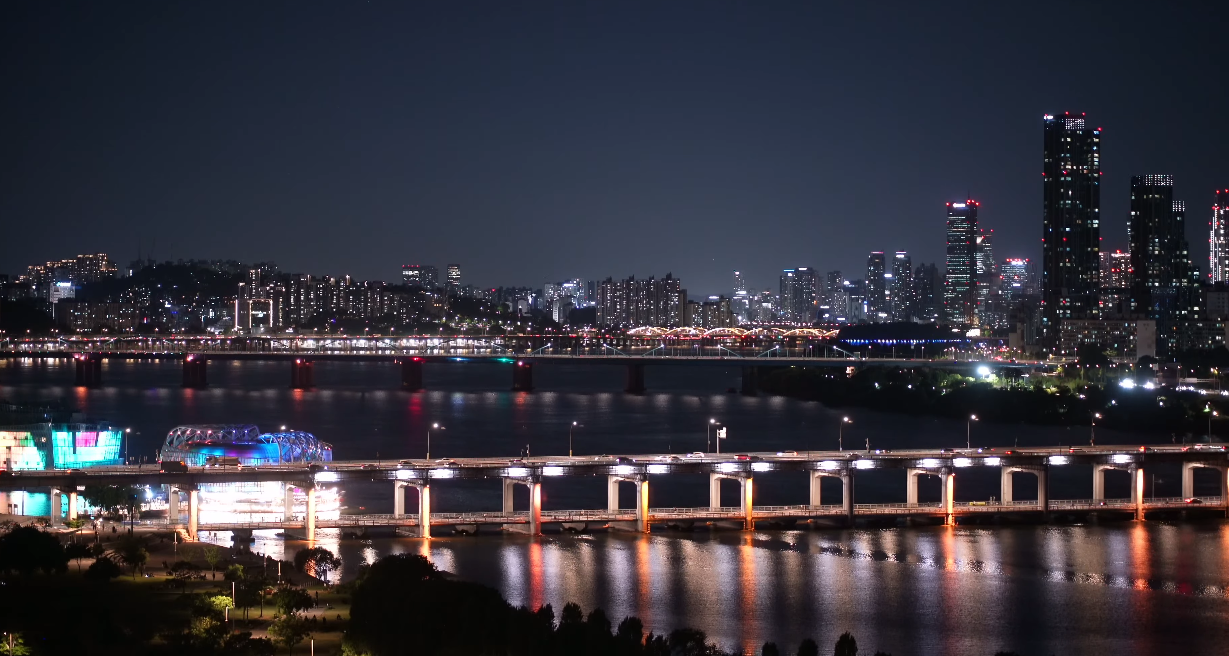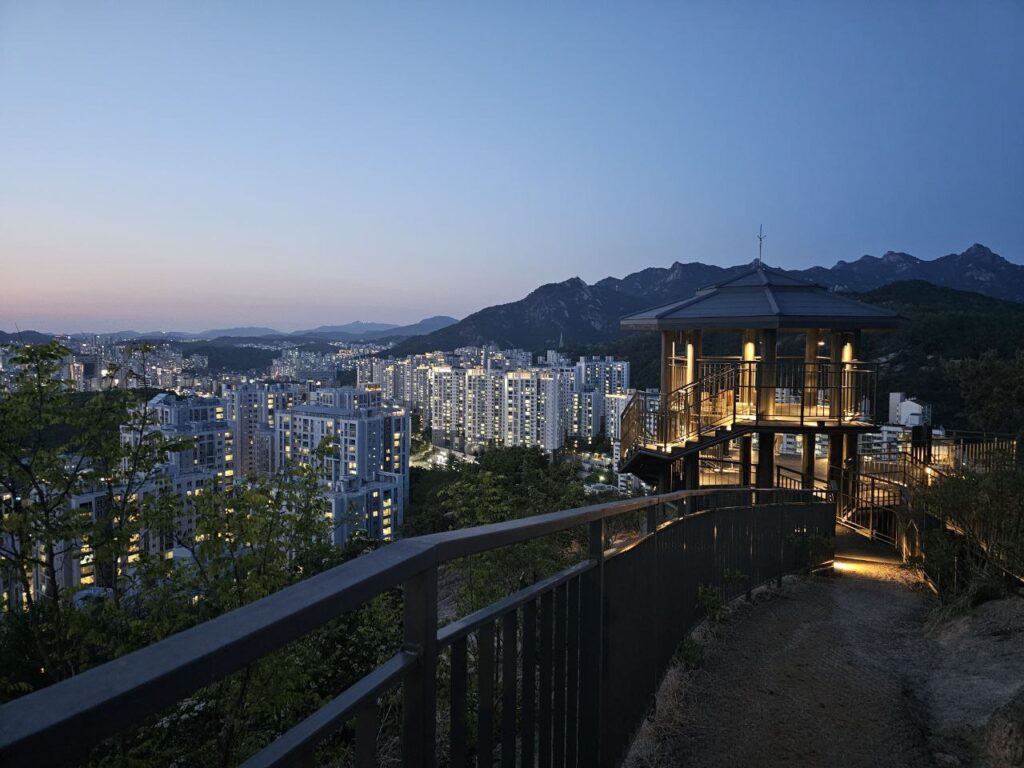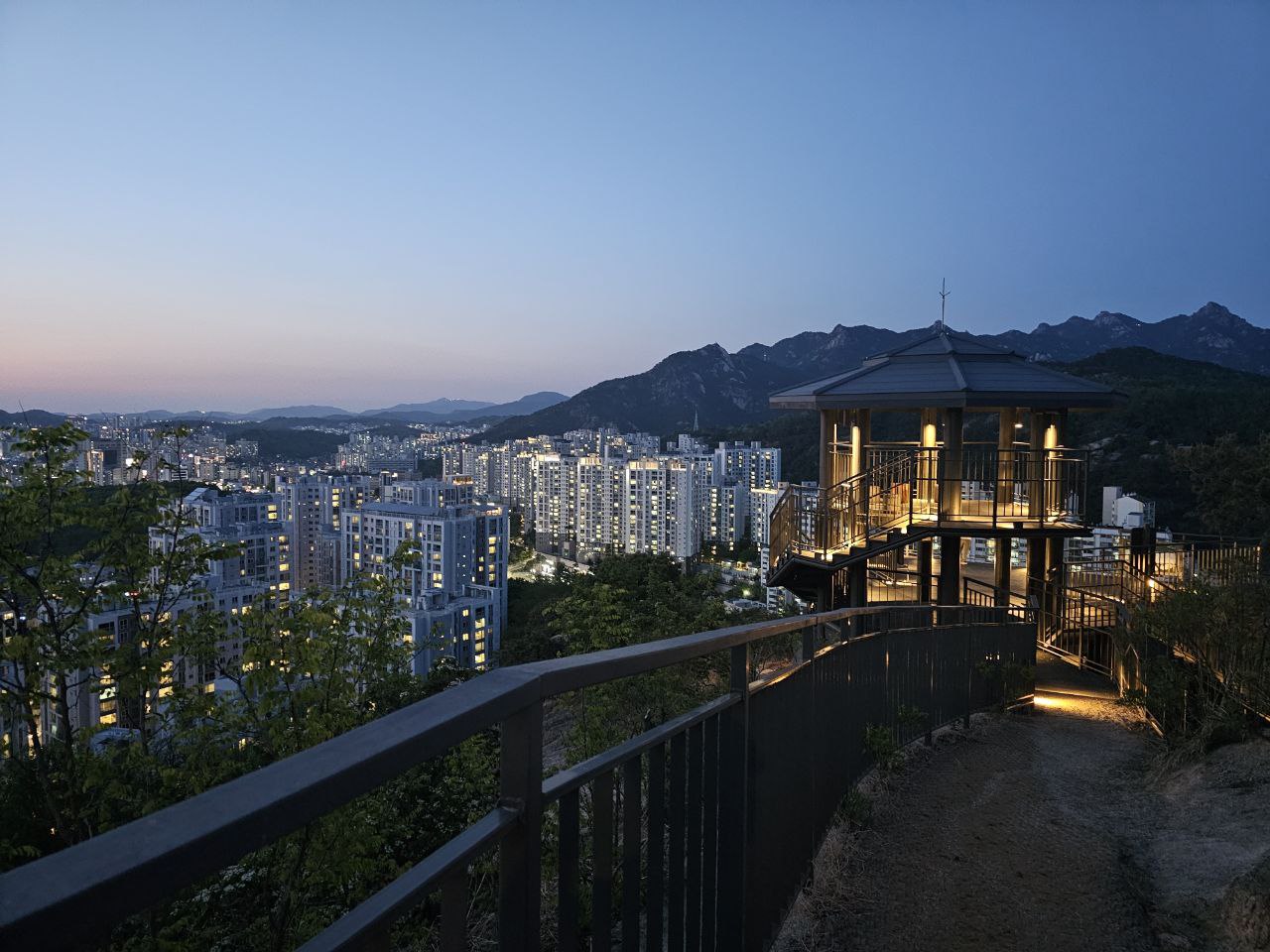Personally, I believe South Korea is a more competitive and fast-paced nation than any other country abroad. Although I have traveled overseas, I haven’t directly experienced working or living in other countries. However, through numerous media and books, I have come to believe that competition is exceptionally intense in South Korea. While there are undoubtedly advantages, the reality is that, as times change, the disadvantages are becoming more pronounced.

In 1953, at the end of the Korean War, South Korea was one of the poorest nations in the world, an utterly destitute country. Just before the war erupted in 1950, Korea had only recently been liberated from Japanese colonial rule in 1945, entering a period of political instability that was compounded by the outbreak of war. After the war, South Korea received extensive aid from the United States and other nations. Those who lived through this era began to work tirelessly, driven by a resolute determination never to go hungry again.

With no natural resources or assets other than its human capital, South Korea worked relentlessly in challenging conditions, which fueled its rapid economic growth. For 70 years, fierce competition and working late into the night were considered significant advantages, contributing to the nation’s rise to become one of the world’s top 10 economies. The fervent desire, ambition, and resolve to live better lives played a crucial role in shaping South Korea’s current competitive society.
As the late 20th century, marked by rapid economic growth, drew to a close, and the 21st century began, South Korea made substantial efforts to improve labor conditions. Working hours were capped at 40 hours per week, and considerable emphasis was placed on elevating workplace standards and promoting “Work-Life Balance” (often referred to as “WoLaBel”). While conditions have improved significantly compared to the past, many still believe there is much left to be desired.

The intense competitive culture has arguably made Korean society more stark and impersonal than in the past. Concurrently, the increasing number of working women has led to a sharp decline in the birth rate. With the Baby Boomer generation now exceeding 60 years of age, South Korea has also entered an超-aged society (super-aged society). Given that it is a nation without abundant resources, relying heavily on human capital for economic growth, South Korea’s future, for better or worse, also rests in the hands of the newly elected President, Lee Jae-myung, as of June 2025.
Amidst numerous conflicts, structural economic challenges, an evolving economic landscape, and rapidly changing domestic and international circumstances, South Korea’s outlook is not entirely bright. However, I remain hopeful for a brighter future.
#SouthKorea #Competitive #KoreaSociety
